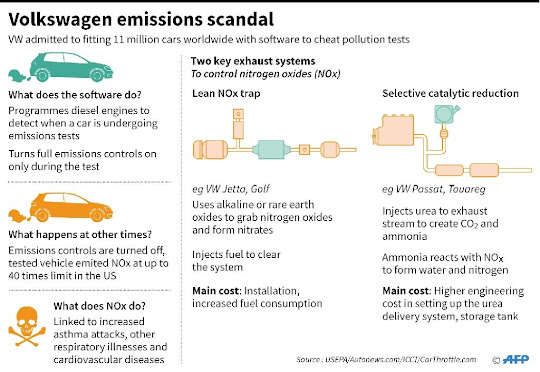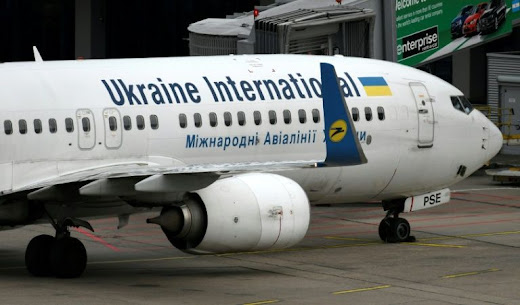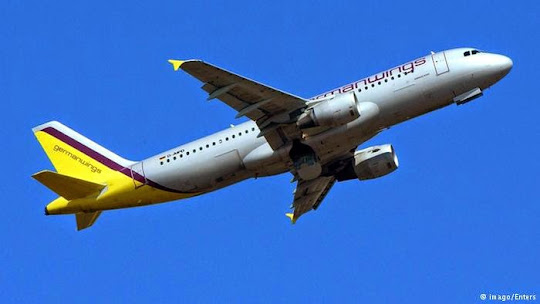The Jakarta Post, Jakarta
With safety concerns now haunting the nation's aviation sector, which could in the end have a serious impact on tourism, the government should consider a drastic restructuring of the industry by promoting mergers so as to improve safety standards, a forum was told Tuesday.
Aviation observer Dudi Sudibyo told the forum, which was organized by the Indonesian Tour and Travel Agencies Association (ASITA), that Indonesia must learn from other countries in restricting the number of major airlines, but expanding the number of commuter airlines, in order to improve service quality.
The forum was held in light of a likely ban by the European Union on Indonesian airlines flying to Europe. The European Commission (EC) is now studying the issue and will announce its decision July 6.
"We need only a few major airlines, but more commuter flights linking the whole country.
"China used to have a lot of major airlines, but after a series of crashes in the 1990s, they reduced the number of airline companies to three, and now they are among the best in the world," Dudi said.
He added that Indonesia might need only five major airlines, pointing out that China's three major airlines carried up to 250 million passengers a year.
Indonesia's 25 airlines, by comparison, could carry only about six million passengers a year.
Indonesia's aviation industry has come under the spotlight lately with the EC not only planning to ban all Indonesian airlines from flying to Europe, but also to warn its citizens not to use Indonesian airlines, even within Indonesian territory.
"Although we our suspicious about the decision, we should also consider our safety standards. We should fully comply with international standards before complaining," said Dudi.
The recent regulation ranking airlines into three categories should also be replaced with tighter criteria next year, he added.
And the best way to restructure the industry would be to promote mergers among domestic airlines. State-owned airlines Garuda and Merpati, for instance, would be ideal merger partners, he added.
Herna Danuningrat, chairperson of ASITA's Jakarta branch, said that the proposed ban would, if it came to pass, badly affect the tourism sector. She urged the government to act quickly to limit the damage that had already been caused.
"The entire tourism industry will be affected, especially second-tier tourist destinations in eastern Indonesia, such as Maluku, Sulawesi, Papua, Lombok, Nusa Tenggara and South Kalimantan, where foreign airlines have no direct access," she said.
Darma Trisnawinata, an executive of Panorama Tours DMC, said that since the shock announcement of the proposed ban last Thursday, his company was already facing difficulties with hundreds of its European customers now in Padang, West Sumatra.
They had planned to visit a number of destinations within Indonesia, including Java, Sulawesi, Bali and Lombok.
Darma said his company was would not cancel the tour. It, would instead fly the tourists to Kuala Lumpur with Malaysia-based budget carrier Air Asia, from where they would take flights back to Indonesia to continue their trips.
"We will cover the additional expense this time, but we won't be able to do it the next time. We know they won't be happy because, even if they agree to our plan, they'll have a longer journey and will have to get on-arrival visas twice."





